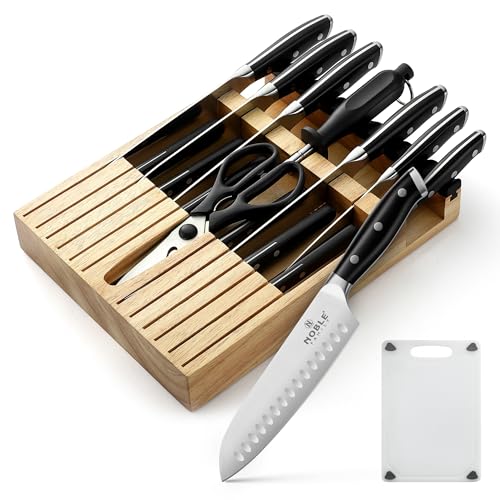Hi all,
I have a blue #1 nakiri, a SKD gyuto, AS petty, and my partner has a vg10 Kiritsuke.
I have a shapton ceramic 1k, NP3k, and a Kitayama 8k.
I also have a unloaded leather strop, and another loaded with 1um stroppy stuff.
I mainly use the AS petty for chicken butchery or fruit, nakiri for veg, gyuto for a mix of everything.
Do you have any recommendations to my finishing process to what I am aiming to achieve?
I have a blue #1 nakiri, a SKD gyuto, AS petty, and my partner has a vg10 Kiritsuke.
I have a shapton ceramic 1k, NP3k, and a Kitayama 8k.
I also have a unloaded leather strop, and another loaded with 1um stroppy stuff.
I mainly use the AS petty for chicken butchery or fruit, nakiri for veg, gyuto for a mix of everything.
Do you have any recommendations to my finishing process to what I am aiming to achieve?
























